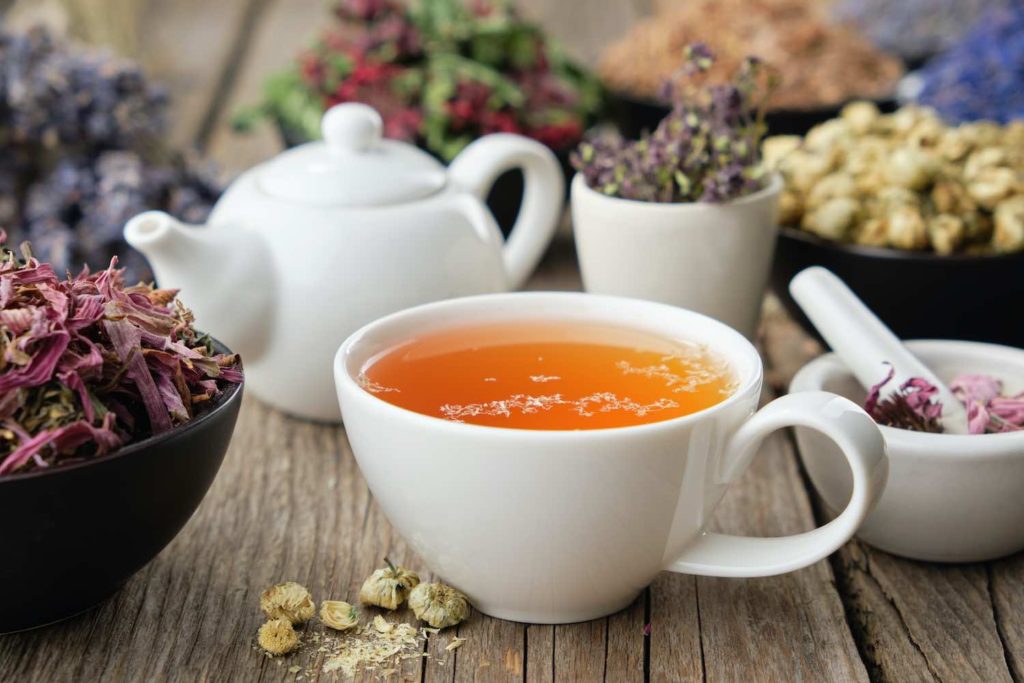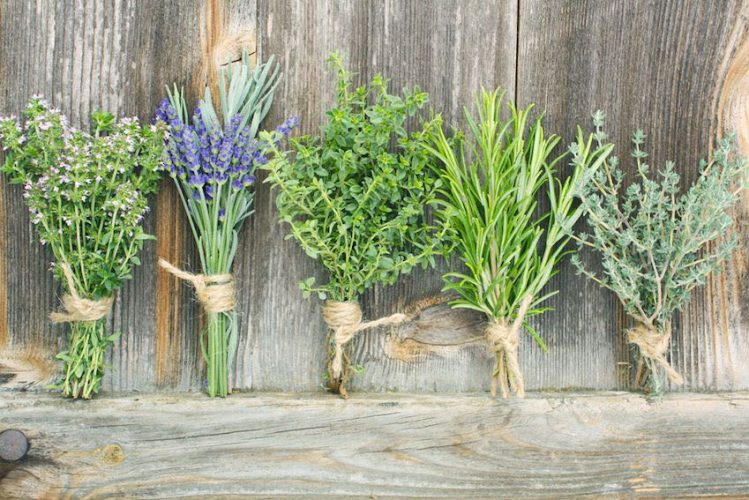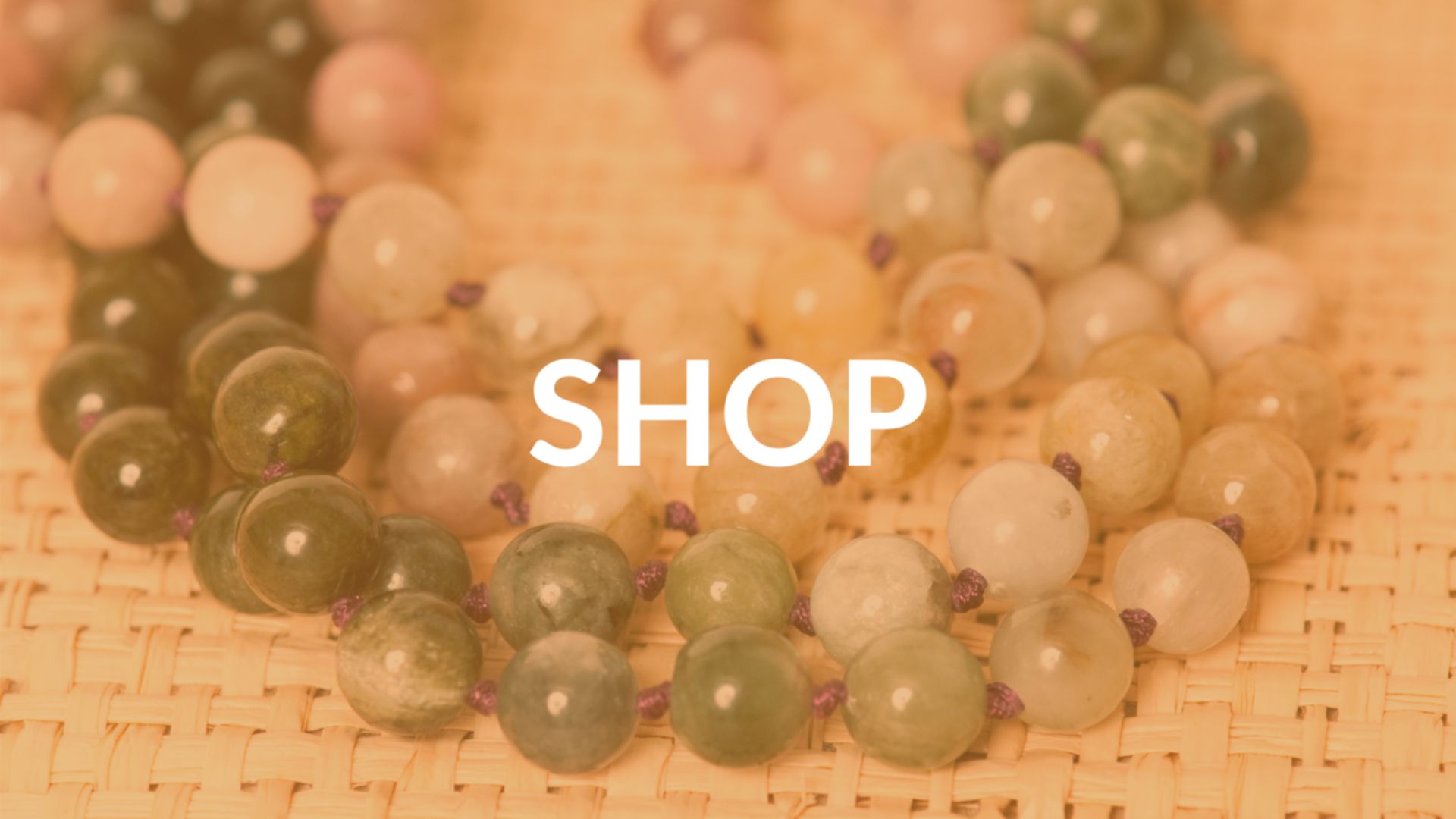One of the teachings of yoga that has been most relevant to me over the last few weeks is from the Yoga Sutras text. Sutra 1.1 is often translated as, “ Now is the time for yoga” (atha yoga anushasanam) or “Now, the practice of yoga begins” (attha yoga nooshasana). Through wars, pandemics, floods, famines – past, present and future – the practice of yoga you can begin and benefit from. Yoga helps us to meet ourselves and the world as it is and engage from a place of healing, humility, courage, and hopefully some grace in there too. It can help us feel more – the pain, the ease, the resistance, the sorrow, and the exhaustion – and let those feelings guide us to appropriate action. It’s a daily practice of showing up, no matter what.
The global COVID-19 pandemic has created rising awareness among many of the incredible inequalities and failures of our social systems, with the most vulnerable and repressed suffering the worst. People are scared, depressed, and need help, and the isolation has brought so much to the surface for people to see. People want change. Black lives matter. Change is happening. People – so many, many people – feel overwhelmed. I get it; I have too. Those who have been fighting for social change for generations are tired but can’t give up. Their lives depend on continuing. For those, like myself, who are trying to learn, listen, grow, and find a way to be allies and do better, we are just beginning. Real change takes time and persistence.
I don’t have the answers right now. That’s okay, I am learning. When seeking support and wisdom, I turn to the herbal healing wisdom from around the world passed down from grandmother to granddaughter to friend to stranger. Plants are allies themselves, supporting human and animal health forever. Every part of the world has its own healing plants and traditions. Everything I have learned of plants has come from someone carrying the torch of accessible, community-based wisdom through a current of time. Herbs and plants give us strength, hope, and healing when we need them. They always have. Nervines (calming herbs) and adaptogens (hormonal and energy-balancing herbs) in particular can give us resiliency and steadiness to recover our energy and give us endurance. And, from my view, the changes I want to see in the world will take all of what I have, you have, we have, and more.
This list of herbal allies are pretty accessible and include common kitchen herbs or spices and plants that can be grown in most climates in the United States. While there are many herbs to choose from, I keep this list of what is more-commonly available for most people or what can be grown in pots or gardens. These are staples in my own kitchen, and teas (recommendations for combinations below) can be easily made in a large glass jar with boiled water. They can be sipped hot or served at room temperature. I hope these herbs support you in your life and work, and I give my thanks to the many herbalists through generations for keeping this wisdom alive and passing it on.
Calming Nervine Herbs
Nervines are herbs that specifically support the healthy functioning of the nervous system.
- Chamomile: Available in tea form and as loose leaf in some co-ops and grocery stores, this classic herb is helpful for relieving mild, daily mental stress. It can help to calm the mind and settle the stomach.
- Lavender: Lavender is fairly easy to grow and can occasionally be found in tea or essential oil form. It is used in aromatherapy for its mild calming action.
- Lemon balm: This can be grown in most North American climates in the summer, has a bright citrus scent, and is part of the mint family. It can help with nervous exhaustion, mild depression, and mood elevation.
Rejuvenating Adaptogen Herbs
These herbs help the body manage stress and find homeostasis. They may help improve focus and immunity, as well as balance hormones. They also seem to have positive effects throughout the body systems.
- Goji Berry: These are small red berries that are dried and very common in Chinese medicine. They are known for increasing mental and physical strength, supporting the nervous system, and increasing overall wellbeing.
- Licorice Root: This is often available as tea form or loose as cut roots or powder. This plant can help reduce the effects of stress.
- Tulsi: This is a classic Ayurvedic herb that is available in tea form and can be grown in warmer, humid climates. It can help calm the mind and spirit as well as support immunity.
- Turmeric: This popular root is mostly sold as dried powder but can also be found in some grocery stores and grown in tropical climates.
Common Kitchen Herbs and Spices
- Fennel: This is available in most grocery stores in the spice area. It is known to support the digestive system and can have a cooling, calming effect.
- Ginger: This common root is available in most grocery stores and is used in cooking and as medicine. It supports digestion, reduces nausea, supports immunity, and has some anti-inflammatory effects.
- Rosemary: This is another culinary herb that is available in most produce sections or dried in the spice section. It also grows well in many climates and is known for improving memory, energy, digestion, and mood elevation.
- Thyme: This kitchen herb also grows well in many climates and is available in the produce section of most grocery stores. All varieties of thyme have anit-viral properties and strengthen the immune system as well as boost brain functioning.
- Turmeric – This herb mentioned above can be purchased in powder form or fresh. You can steep slices of turmeric in hot water for five to 10 minutes for an easy tea.

Teas for Resilience
These are some of my go-to tea blends that support the nervous system, digestion, brain functioning, energy, and hormones, as well as help with mild depression and overwhelm. Feel free to add a half teaspoon of local honey to your tea to get the antibacterial, antimicrobial, and antiviral benefits (as well as a little sweetness). Use a small strainer or cheesecloth to strain the tea, and enjoy.
- Chamomile, Lemon Balm, Fennel Seed, Tulsi: Add ½ teaspoon of each to a 1-quart glass jar, then fill the jar with boiled water. Steep 5-10 minutes.
- Lemon Balm, Thyme, Rosemary: Add 1 teaspoon of each to a 1-quart glass jar, then fill with boiled water. Steep for 5-10 minutes.
- Ginger, Goji, Turmeric: If using ginger and turmeric powder, add ½ teaspoon of each. If using fresh, peel them and use about 5-6 slices for a 1-quart glass jar. Add 1 tablespoon of goji berries. Fill jar with boiled water, and steep for 10 minutes.
- Fennel, Licorice, Rosemary: Use ½ teaspoon of each in a 1-quart glass jar. Fill the jar with boiled water, and steep for 10 minutes.
- Chamomile, Lavender, Ginger, Thyme: Use 1 teaspoon of dried herbs (½ teaspoon of dried ginger). If using fresh ginger, 3-5 slices is plenty. Add all to a 1-quart glass jar and fill with boiled water.
Resources for Herbs
- Mountain Rose Herbs for bulk herbs and seeds
- Starwest Botanicals for bulk herbs
- Johnny’s Seeds for herb seeds
- Mary’s Heirloom Seeds for herbal seeds
Additional Reading and Resources
- The Way of Herbs by Michael Tierra, LAc and Lesley Tierra, LAc
- The Way of Chinese Herbs by Michael Tierra, LAc
- The Complete Book of Ayurvedic Home Remedies by Vasant Lad, BAMS
- The Herb Book by John Lust
- The Complete Book of Essential Oils and Aromatherapy by Valerie Ann Worwood
- Indian Herbalogy of North America by Alma R. Hutchins

















2 replies on “Herbal Allies to Support Us While We Support Others”
I think spearmint is good for the breath and keeping the mouth fresh . Also I think it’s good for calming the stomach down. I have some chocolate mint and it actually smells like chocolate. It grows like a weed so I planted it in a pot instead of the ground to control it.
This is a very thorough and informative article, Thank you. I have a few of those ingredients growing outside right now. What I have a LOT of that wasn’t mentioned is plain old spearmint that grows rampantly and tastes good as tea. Does it have any specific healing properties? I wonder …